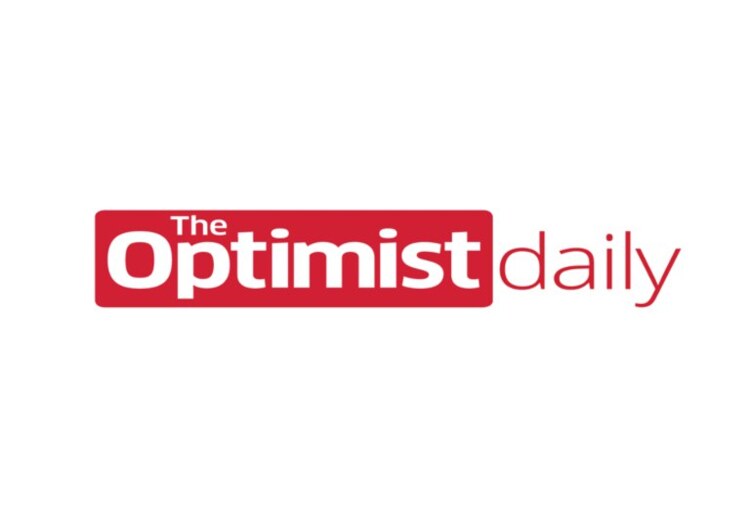Ethan Bryson is a ‘forest maker’ for SUGi, a US conservation organization and app specializing in community forestation. Recently, he was struck with an idea that would change the landscape of the Yakama Nation Correctional and Rehabilitation Facility, as well as the lives of the inmates who reside there.
Bryson looked at the barren piece of land at the facility and saw the potential for a lush forest to be planted there. He began to plan for the extensive project, and in March of this year, recruited incarcerated individuals to begin the second phase of planting 5,000 native trees on the plot.
SUGi’s reforestation model follows the Miyawaki method of planting that was developed in Japan. This method involves planting diverse species close together and has been employed in other reforestation projects around the world like these tiny forests in the UK.
Marylee Smunitee Jones, a member of the Yakama Nation who helped lead the project appreciates that some of the 36 species of vegetation planted there are medicinal plants, making it a “healing forest.” She says, “Our identity lies within these plants… they show us that it’s OK to be unique, that we all have our own medicines, and that the healing forest is needed—it’s needed very much.”
As for the incarcerated individuals themselves, they are excited about the opportunity to reconnect with their land. “I am going to be able to come by here and show my kids that I did that,” one says. “It feels great. It makes my heart feel good.”
In fact, a similar tree-planting initiative that took place in Brazil had a great impact on the participants. The project took place in the overcrowded jails of Rio de Janeiro, which reports having reduced instances of violence since tree planting began.
Source Image: Sugi Project











